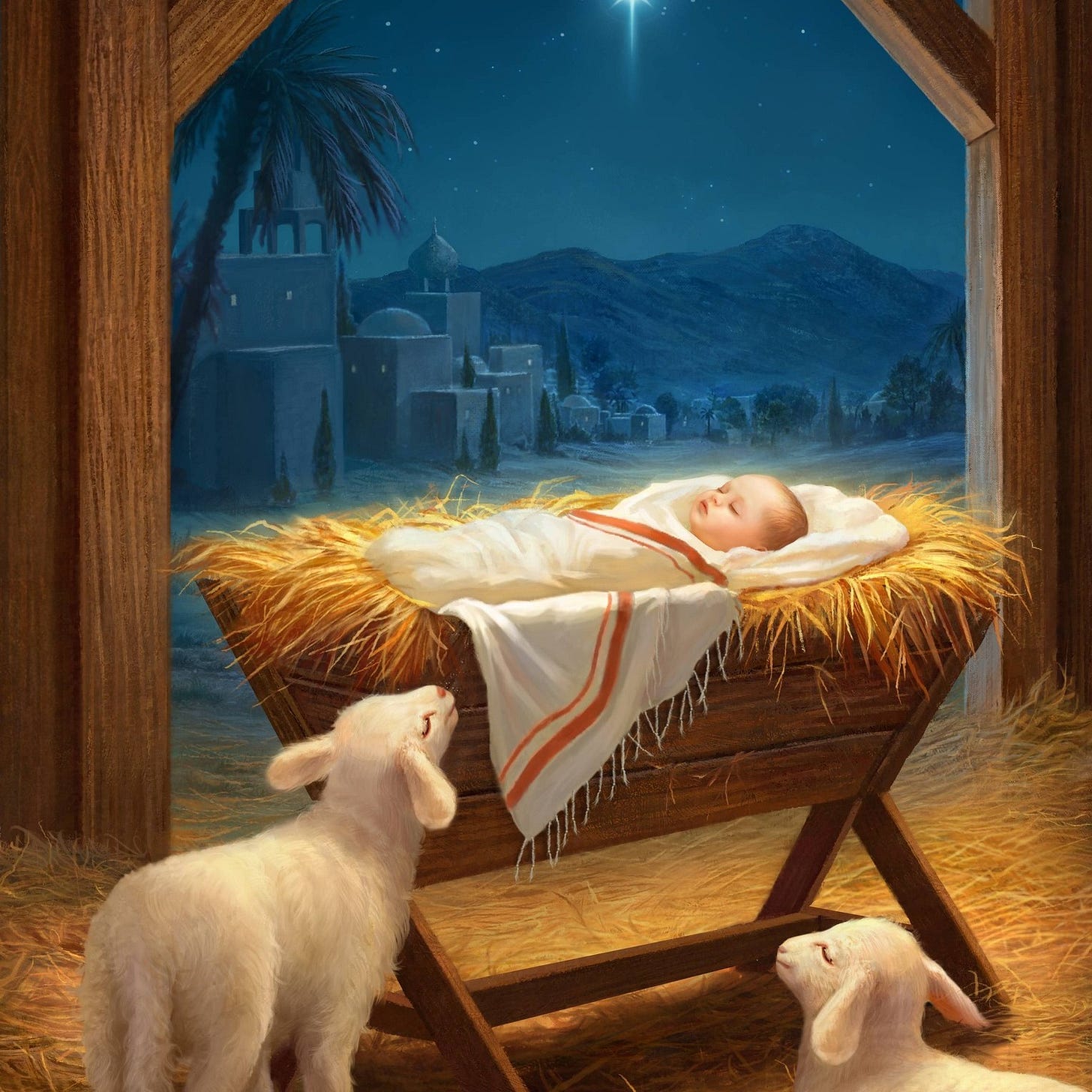Shiloh שילה in Hebrew means “He whose it is.” In more informal English, “To him, it rightfully belongs.”
If you were to accidentally leave your phone at a restaurant and later come back for it, the restaurant will ask questions to see if the phone “rightfully belongs” to you.
That’s the meaning of Shiloh.
A Title for the King of Kings
Keep reading with a 7-day free trial
Subscribe to Wade Burleson at Istoria to keep reading this post and get 7 days of free access to the full post archives.





